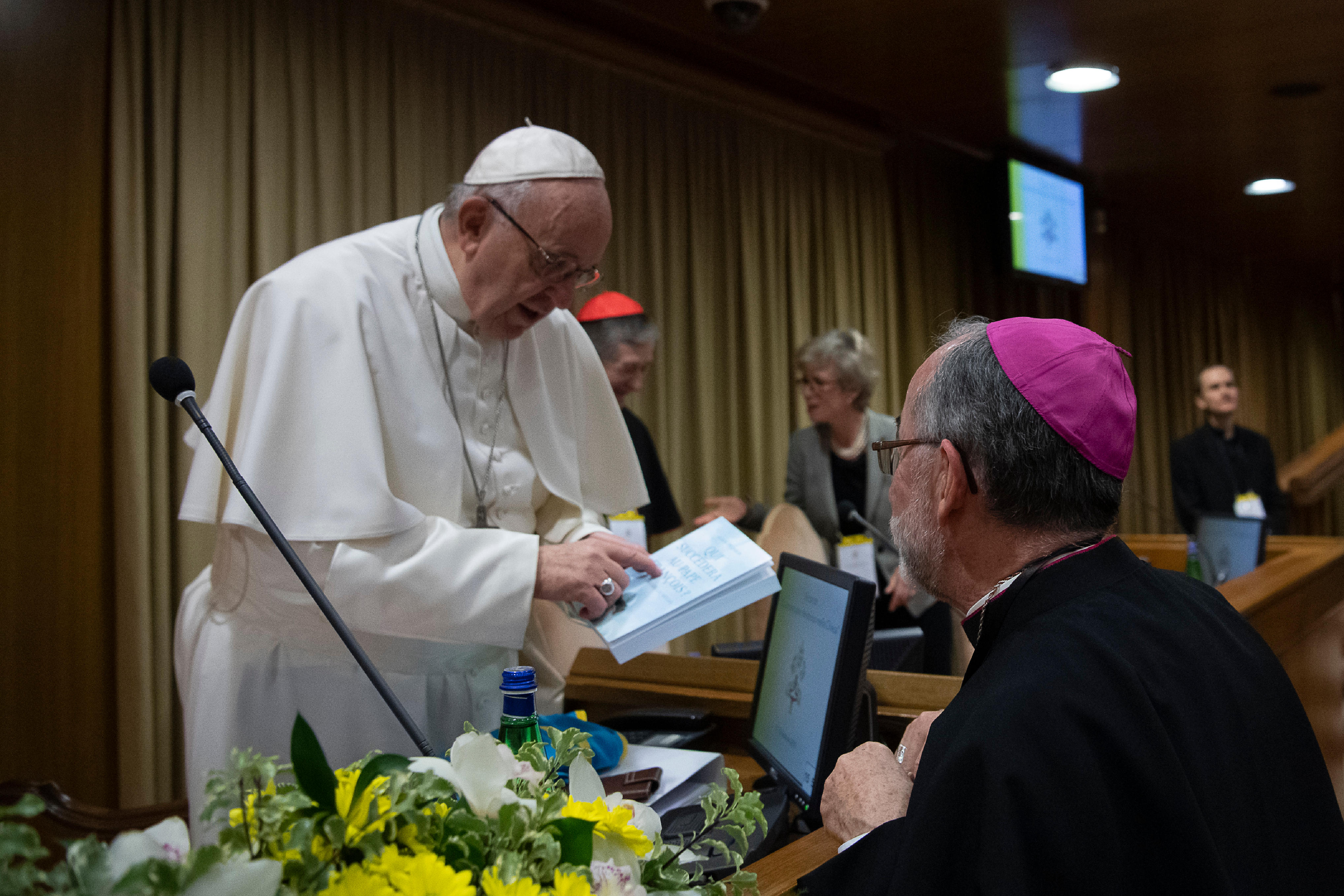Child abuse

The “pontifical secret” is abolished for child abuse committed by members of the clergy. “Office confidentiality”, however, is maintained to ensure “security, integrity and confidentiality” in the various stages of legal proceedings and protect “the good name, image and privacy of all persons involved”. This is the main novelty in Pope Francis’ Rescript that promulgates the Instruction on the “confidentiality of legal proceedings”, which shall enter into force immediately after its publication in L’Osservatore Romano. From now on, the Holy Father decided, “the pontifical secret” will no longer “apply to accusations, trials and decisions involving the offences” against the sixth commandment of the Decalogue, which – as referred to in Article 1 of the Motu proprio “Vos estis lux mundi” issued by the Pope on 7 May 2019 – consist of: “forcing someone, by violence or threat or through abuse of authority, to perform or submit to sexual acts; performing sexual acts with a minor or a vulnerable person; the production, exhibition, possession or distribution, including by electronic means, of child pornography, as well as by the recruitment of or inducement of a minor or a vulnerable person to participate in pornographic exhibitions”. Also punishable under the Motu Proprio issued last May are “actions or omissions intended to interfere with or avoid civil investigations or canonical investigations, whether administrative or penal, against a cleric or a religious”. With regard to the accusations and trials, the Instruction – released today by the Holy See Press Office, but signed by Secretary of State Card. Pietro Parolin on 6 December – stipulates that “the information is to be treated in such a way as to ensure its security, integrity and confidentiality” for the sake of “protecting the good name, image and privacy of all persons involved”. “Office confidentiality – the Instruction reads – shall not prevent the fulfilment of the obligations laid down in all places by civil laws, including any reporting obligations, and the execution of enforceable requests of civil judicial authorities”. “The person who files the report – the Instruction concludes -, the person who alleges to have been harmed and the witnesses shall not be bound by any obligation of silence”.